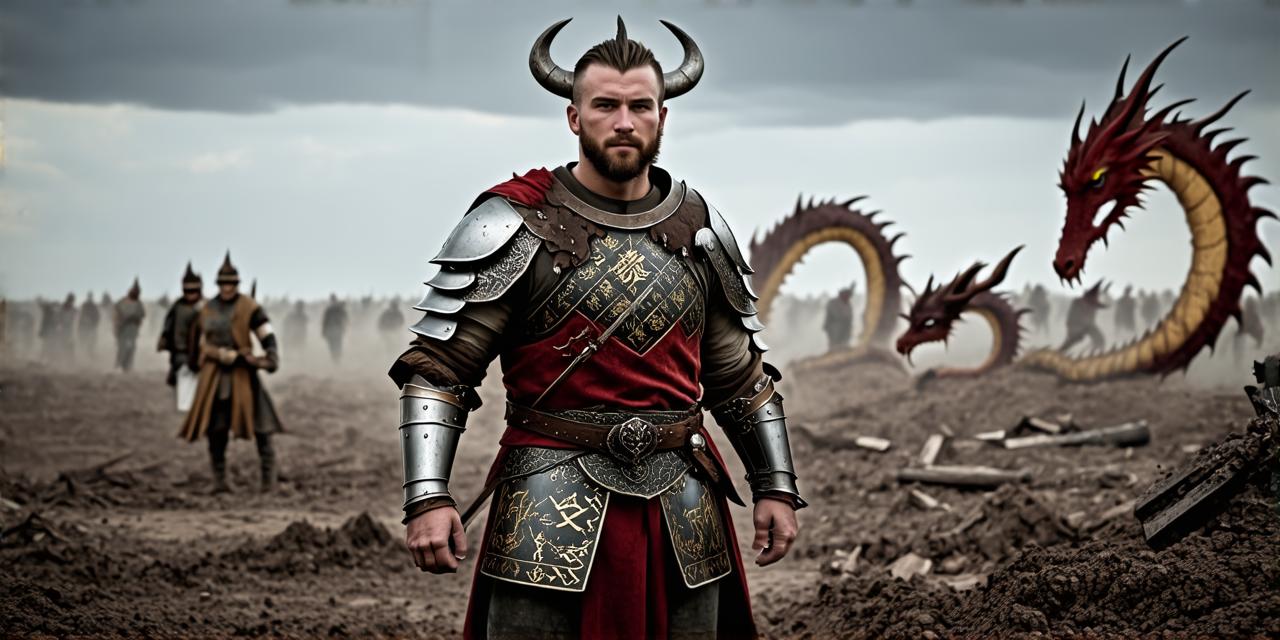Introduction:
In today’s world, video games have become an integral part of our lives. From casual mobile games to complex console and PC games, video games are available for all age groups and interests. However, behind every game lies a team of programmers who bring the game to life through their code and creativity. In this article, we will delve into what video game programmers do, the skills required for the job, and the various roles within the industry.
What Video Game Programmers Do:
Video game programmers are responsible for creating the software that powers video games. They write code to control game characters, design levels, and create unique gameplay experiences. Programmers work closely with game designers, artists, and producers to ensure that their vision is executed flawlessly in the game.
- Designing and implementing game mechanics: Video game programmers work with game designers to understand how the game should function and then create the code that brings those ideas to life. This includes things like character movement, combat systems, and puzzles.
- Creating game worlds: Programmers are responsible for designing and creating the game world, including everything from the terrain to the objects and characters that populate it. They use tools and engines like Unity or Unreal Engine to bring their designs to life.
- Optimizing game performance: Video games require high levels of performance, and programmers must ensure that the game runs smoothly on a wide range of hardware configurations. This requires careful optimization of code and data structures to minimize load times and reduce resource usage.
- Debugging and testing: Programming is notoriously difficult, and bugs are common. Video game programmers spend a significant amount of time debugging and testing their code to ensure that it works as intended.
Skills Required for Video Game Programming:
To be a video game programmer, you need to have a strong foundation in computer science and programming. Some of the key skills required include:
- Programming languages: Knowledge of programming languages like C++, Java, or Python is essential for video game programming. Each language has its own strengths and weaknesses, so it’s important to choose one that you are comfortable with and suits your needs.
- Game engines: Familiarity with game engines like Unity, Unreal Engine, or CryEngine is critical for video game programming. These engines provide a set of tools and libraries that make it easier to create games.
- Mathematics: Video games require complex mathematical calculations, so a strong understanding of mathematics is essential. This includes things like linear algebra, calculus, and trigonometry.
- Problem-solving: Video game programming involves solving complex problems and finding creative solutions. Good problem-solving skills are critical for success in this field.
- Collaboration: Video game development is a team effort, so good communication and collaboration skills are essential. Programmers must work closely with designers, artists, and producers to ensure that their vision is executed flawlessly.
Roles within the Video Game Industry:
The video game industry is a complex web of roles and responsibilities, with many different paths for programmers. Some of the key roles include:
- Junior programmer: This is an entry-level position where you will learn the basics of programming and work on small projects under the guidance of more experienced programmers.
- Senior programmer: With experience under your belt, you can progress to a senior programmer role, where you will take on more responsibility for larger projects and mentor junior programmers.
- Lead programmer: As a lead programmer, you will manage a team of programmers and oversee the development of complex game systems. You will also work closely with game designers and producers to ensure that their vision is executed flawlessly.
- Systems programmer: Systems programmers are responsible for designing and implementing the underlying systems that power games, such as networking, data storage, and user interfaces.
- Game engine programmer: These programmers work on the core components of game engines, such as graphics rendering, physics simulation, and scripting. They often specialize in one area of game engine development.
Case Studies:
To illustrate the roles and responsibilities of video game programmers, let’s look at a few real-world examples.
- “The Legend of Zelda: Breath of the Wild” – This game was developed by Nintendo, and it required a team of hundreds of programmers working together to bring their vision to life. The lead programmer on the project was Shigeru Miyamoto, who oversaw the development of the game’s core systems, including its open-world exploration and combat mechanics.
- “Portal” – This game was developed by Valve Corporation and required a team of experienced programmers to create its unique puzzle mechanics. The lead programmer on the project was Gabe Newell, who worked closely with game designer Kim Swift to design and implement the game’s iconic portal gun.
- “Minecraft” – This game was developed by Markus Persson and Jens Bergensten, who worked together as programmers to create the game’s core systems. The game has since grown into a massive hit, with millions of players worldwide creating their own unique worlds and game modes.

Personal Experiences:
As a video game programmer myself, I can attest to the challenges and rewards of this field. Programming is a challenging and rewarding career that requires creativity, problem-solving skills, and a passion for games. It’s a job that allows you to use your skills to create something fun and engaging that people will enjoy playing for hours on end.
Conclusion:
In conclusion, video game programmers are responsible for creating the software that powers some of the most entertaining and immersive experiences in the world. To be a successful video game
